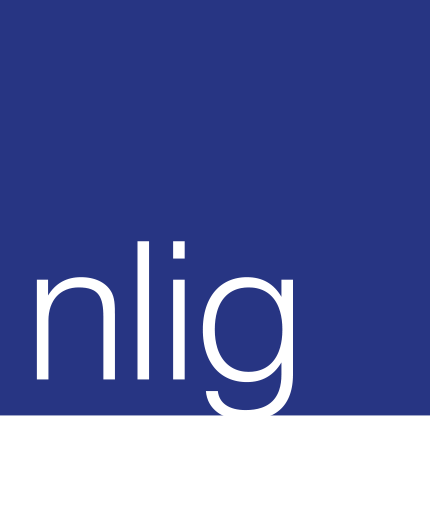Save rising fleet costs with NLIG

Amidst the financial turmoil and current uncertainty, one thing is for sure: running a fleet has never been so expensive. From running and maintenance costs through to insurance and the cost of the vehicles themselves, fleet managers are facing a mountain of rising costs. Here, we look at how prices have risen and ways to save money.
Acquiring vehicles
Some fleet managers may be able to offset rising fuel costs by buying electric vehicles (EVs), but for many, the cost puts them out of reach. Upgrading your fleet can be expensive at the best of times, but at the moment, even the price of used vehicles is rising alarmingly. In November 2022, Autotrader price index put the average price of a used car at £17,801. That’s up 4.7% from November 2021.
The only way to save, if you need to acquire new fleet vehicles, is to opt for manual cars rather than automatics, and smaller cars with smaller engines, which are less expensive to buy, maintain and run, but there will be reduction in horsepower, of course.
Saving fuel costs
It’s no secret that fuel costs have risen alarmingly over the past year, since Russia invaded Ukraine. Although prices have dropped slightly, since peaking last summer, both petrol and diesel now cost more than at any time between 2014 and 2021. In fact, 2022 has seen the highest average prices since 2000.
Pre-pandemic, the average car had an annual mileage of 7,400, with the average diesel car getting 43 miles per gallon and the average petrol car 36 miles per gallon. The cost of this per year has risen £200 since September 2021. As business miles tend to be a necessity rather than a luxury, it’s essential to find ways to save on fuel costs.
Running vehicles efficiently is essential and this means using the correct engine oil and ensuring tyres have the correct pressure. Heating and air conditioning should be used sparingly, which may require wearing extra clothes in winter and rolling down the window (at low speeds) in the summer. Also, ensuring that cars aren’t carrying excess weight can help, as it costs money to carry around additional weight day after day.
Saving on insurance
Comprehensive insurance for your fleet is essential, helping to protect your drivers and vehicles. However, as with everything, insurance costs have risen in 2022, on average by up to 14%, the highest annual increase in five years. With insurance for vans and other commercial vehicles generally higher than for cars, it means the price increases are felt more keenly by fleets.
Installing a dashcam may help you to save costs. For a start, it shows insurers that your drivers are more sensible, potentially helping to save costs if they never have an accident. In the event of an incident, the evidence provided by a dashcam can prove invaluable, especially if your driver is not to blame. If the dash cam footage shows clearly that your driver was not in the wrong, it’s more likely the other party’s insurer will cover the total cost, enabling you to retain your no claims bonus.
It can take many years to get the no-claims discount back, during which time you will be paying a higher premium. Given that the cost of a crash can easily mount up to thousands of pounds, having a dash cam installed does seem a smart move.
Let’s talk
We can advise on the best solution for your fleet vehicles, searching through a panel of top insurance providers and ensuring you are covered for your needs. To discuss your fleet insurance requirements, call 01992 703 300 or email insurance@nlig.co.uk
Our business is your protection.

